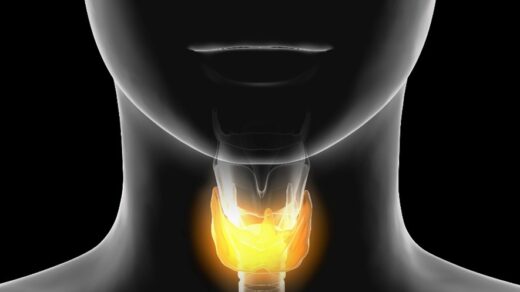
Exercise and proper nutrition are key to maintaining a healthy body and mind, and they can also minimize the risk of developing diseases. Dr. John Heary of Medina discusses below more on the risk factors of a sedentary lifestyle, and how to improve overall health with proper nutrition.
A healthy balanced diet can help to reduce harmful additives such as fats, sugars, and salt. This in turn improves heart health and reduces the risk of diabetes and cancer. Regular exercise helps to combat a sedentary lifestyle, the risks of which include obesity, heart disease, and mobility issues.
The Impact of Poor Nutrition
Our bodies need a wide range of vitamins, minerals, and essential nutrients to keep our internal systems functioning and healthy. However, for some people, especially those from poorer economic backgrounds, the freedom to be able to choose nutritionally rich and healthy foods can be limited.
Foods that have a low nutritional value are often cheaper to afford, but these items often carry a higher amount of fats, sugars, and salt. Excessive consumption can lead to people becoming overweight, bringing with it a whole host of health complications, being at risk of diabetes, and even heart disease.
How Nutrition Can Reduce Health Risks
Eating a healthy and balanced diet can reduce the risk of a whole host of diseases, such as diabetes, cancer, and heart problems. A diet rich in fruits and vegetables and free from salt, sugars, and saturated and trans fats is key to maintaining good health at any stage in life.
How Much Sugar is Too Much Sugar
The recommended amount of sugar is 10% of a person’s overall food intake. However, many adults exceed this, sometimes even by consuming just one item of food alone! According to the World Health Organization (WHO), halving this again to a total of 5% can greatly increase health benefits.
What About Salt
Adults should aim to only consume 5g (0.17oz) of salt per day in their diet. Reducing salt intake helps to protect against heart disease, hypertension, and strokes.
And Fat
While fat shouldn’t be excluded from a diet, it is important to get the right fats. Trans fats and saturated fats have a much higher risk of causing heart disease and cancer, whereas other fats when consumed in moderation are a healthier choice.
The Risks of an Inactive Lifestyle
Over 80% of all of the jobs within the United States are classed as sedentary, meaning that they do not involve active labor and most work is completed while sitting or standing still.
Out of work hours, less than 25% of people will engage in at least 30 minutes of vigorous exercise per day.
This inactivity can lead to further health complications including issues with joints, cardiovascular problems, and more. In fact, 9% of all deaths worldwide have inactivity as a contributable cause.

The Benefits of Exercise
Reducing Weight
Regular exercise in conjunction with a healthy diet can reduce weight and the risk of obesity. This leads to greater overall health, reducing problems with mobility and cardiovascular function which can be exacerbated by carrying excess pounds.
Decreased Blood Sugar Levels
Exercise lowers blood sugar levels and helps to regulate the body’s supply of insulin. This can help to prevent metabolic diseases and type 2 diabetes. For those already suffering from diabetes, it can help to manage the condition alongside medical treatment.
Healthy Cardiovascular System
Getting the blood pumping through the body during exercise helps to promote a healthy circulatory system, which can prevent heart diseases and lower the risk of a heart attack. It can also lower cholesterol and blood pressure levels.
Reduced Cancer Risk
Exercise has been proven to help to protect against various forms of cancer. These include colon, breast, uterine, and lung cancers, which can often be both aggressive and fatal.
The Perfect Mix
It is worth noting that although a healthy diet and exercise both have their benefits in reducing many health problems and medical conditions, they are far more effective in conjunction with each other rather than just focusing on one factor alone.



